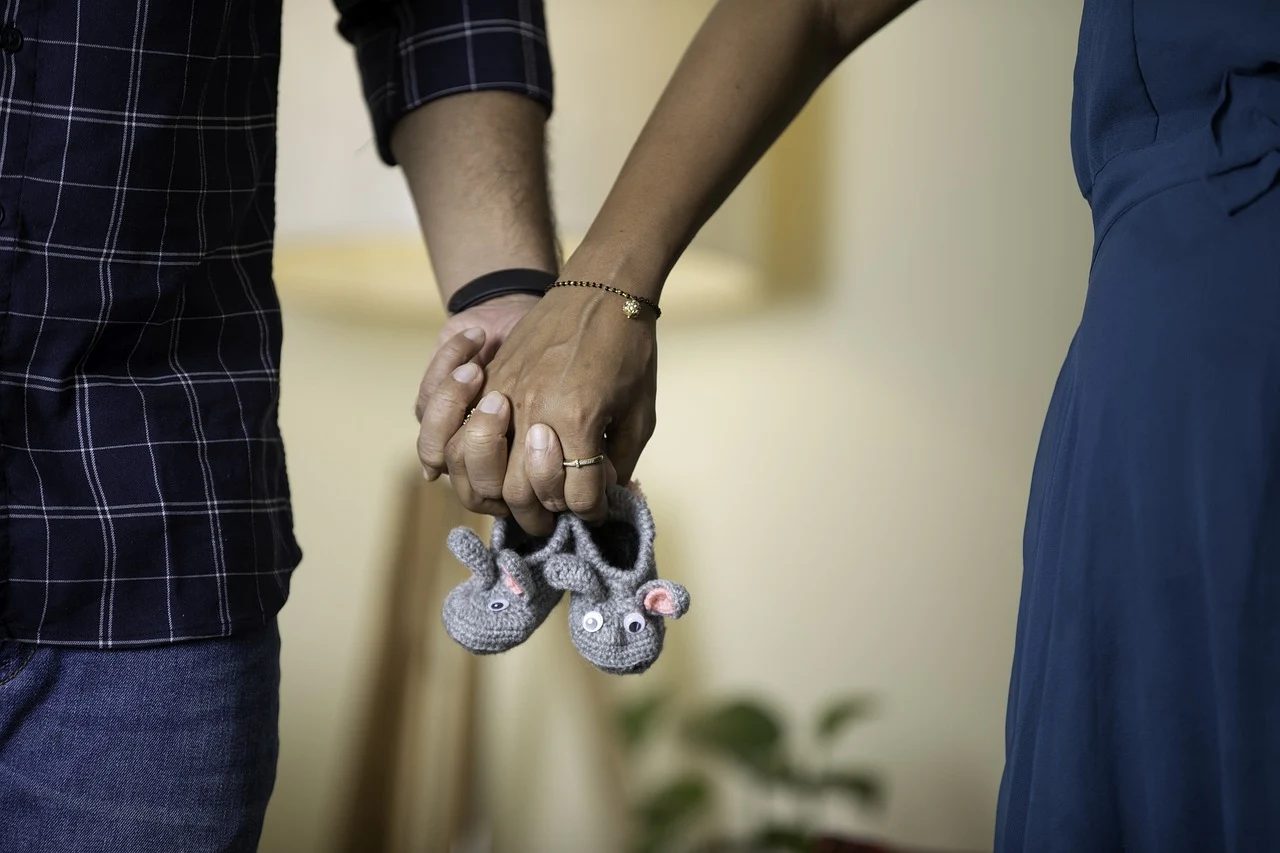Natural fertility journeys often come with a myriad of fertility challenges that can test the emotional and physical resilience of couples. The process of trying to conceive naturally can be fraught with uncertainty, and many individuals may find themselves grappling with feelings of inadequacy and frustration. As couples navigate this often complex landscape, the significance of partner support becomes increasingly clear. It is not just about sharing the responsibility of making decisions related to fertility treatments; it’s about providing emotional sustenance and understanding throughout the journey.
The impact of chronic stress during this time cannot be overstated. Individuals dealing with infertility may experience heightened anxiety and emotional turmoil, which can adversely strain relationships and affect their overall well-being. A supportive partner can help mitigate these feelings, creating a safe space for open communication and shared experiences. Together, couples can address the emotional aspects of their journey, strengthening their bond and enhancing their ability to cope with the ups and downs that come with trying to conceive. In this light, recognizing and fostering partner support is crucial in navigating the challenges of natural fertility and achieving a more fulfilling journey.
Fertility Journey
The term “fertility journey” encompasses the entire experience that couples undergo when trying to conceive, including the emotional, physical, and psychological aspects of the process. This journey is often filled with various fertility challenges that can arise, ranging from difficulties in conception to navigating the complexities of different fertility treatments. Each couple’s path is unique, shaped by their circumstances, health conditions, and personal choices. Understanding this journey as a holistic experience is crucial for recognizing the importance of support systems, particularly the role of partners.
Emotional Challenges:
- Feelings of frustration, sadness, and isolation
- Anxiety due to societal pressures and expectations
- Increased sensitivity to external comments and opinions
Physical Challenges:
- Invasive procedures and medical interventions
- Hormonal changes resulting from treatments
- The toll that chronic stress can take on one’s body
- Stress affects fertility.
- Difficulties in conceiving increase stress levels.
You’re Not Alone

Fertility Treatment
Natural Methods:
- Lifestyle changes (e.g., diet, exercise)
- Alternative therapies (e.g., acupuncture, herbal supplements)
- Fertility awareness techniques (e.g., tracking ovulation)
Medical Interventions:
- In vitro fertilization (IVF)
- Intrauterine insemination (IUI)
- Fertility medications (e.g., Clomid, gonadotropins)
The influence of partner support on the choice and effectiveness of fertility treatments cannot be overstated. When both partners are actively involved in the decision-making process, they can foster a sense of teamwork and shared purpose. Key benefits of partner support include:
- Improved motivation and commitment to treatment plans
- Enhanced emotional resilience in facing challenges
- Alleviation of chronic stress associated with dealing with infertility
Having a supportive partner creates a more conducive environment for success. The emotional support provided by a partner can also significantly enhance resilience, helping couples cope with the ups and downs of their journey.
Effective communication is essential when discussing infertility treatment and options. Couples must engage in open and honest conversations about their feelings, concerns, and aspirations regarding fertility treatments. Important aspects of communication include:
- Expressing emotions related to mental health and anxiety
- Discussing expectations and concerns about treatment outcomes
- Ensuring both partners feel heard and respected in their decisions

Fertility Treatments
- In Vitro Fertilization (IVF): This process involves retrieving eggs and fertilizing them in a lab before transferring the embryos to the uterus.
- Intrauterine Insemination (IUI): Sperm is directly placed into the uterus during ovulation to increase the chances of conception.
- Natural Family Planning: This approach utilizes a couple’s awareness of fertility signals to optimize timing for intercourse.
- Enhanced Communication: Discussing treatment options fosters open dialogue and helps align expectations.
- Shared Responsibility: Working together in the decision-making process reduces feelings of isolation and burden.
- Emotional Support: A united front helps mitigate stress and anxiety, promoting better mental health.
- One couple reported that their successful IVF experience was largely attributed to their ability to communicate openly about their fears and expectations. This dialogue not only helped them feel more connected but also allowed them to work through challenges as a united front.
- Another couple found that their mutual support during IUI treatments made the process less daunting, emphasizing how shared experiences and emotional backing can lead to a more positive outlook.
These examples underscore the vital role that partner support plays in enhancing the effectiveness of fertility treatments and promoting emotional resilience throughout the journey.

Mental Health
The connection between mental health and fertility is increasingly recognized as a critical aspect of the conception journey. Many individuals facing fertility challenges experience heightened levels of anxiety, depression, and stress, which can adversely affect their overall emotional and physical well-being. The process of trying to conceive can become an all-consuming endeavor, leading to feelings of inadequacy and hopelessness. Moreover, the stress associated with various fertility treatments can further exacerbate these mental health and fertility issues together, creating a cycle that is difficult to break. Recognizing the interplay between mental health and fertility is essential for couples seeking to navigate this complex journey.
- Reduced Feelings of Isolation: Knowing that one is not alone in their struggles can significantly alleviate emotional distress.
- Increased Emotional Resilience: Sharing the burden of chronic stress helps build a stronger partnership, enabling couples to face challenges together.
- Enhanced Communication: Open dialogue about emotions fosters trust and deepens the emotional bond between partners.
Open Communication:
- Regularly discuss feelings, fears, and hopes regarding fertility.
- Encourage honesty and vulnerability to foster trust and understanding.
Set Boundaries:
- Establish boundaries around conversations related to fertility, ensuring that both partners feel comfortable and respected.
- Agree on when to discuss fertility and when to take breaks from the topic.
Practice Self-Care:
- Encourage each other to engage in activities that promote relaxation and well-being, such as exercise, meditation, hobbies, or interests outside of fertility.
Seek Professional Help:
- Consider counseling or therapy, individually or as a couple, to address any mental health concerns related to infertility.
- Look for support groups where couples can share their experiences and connect with others facing similar challenges.
